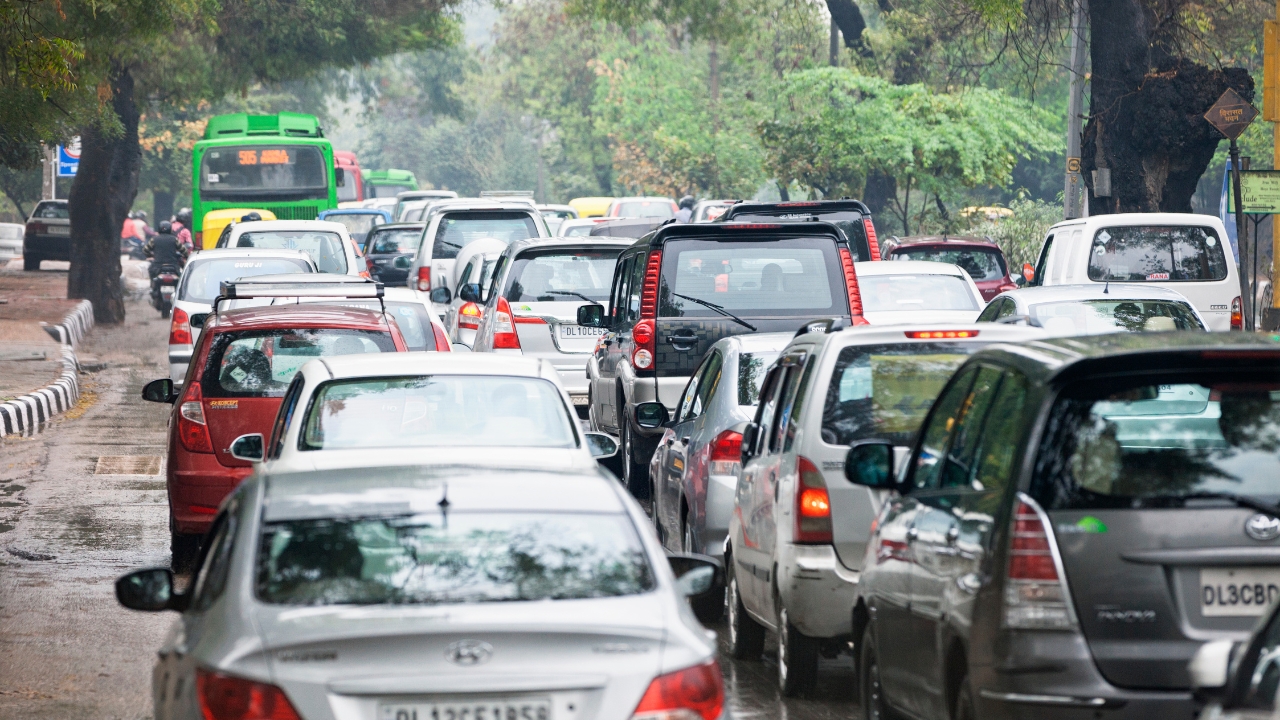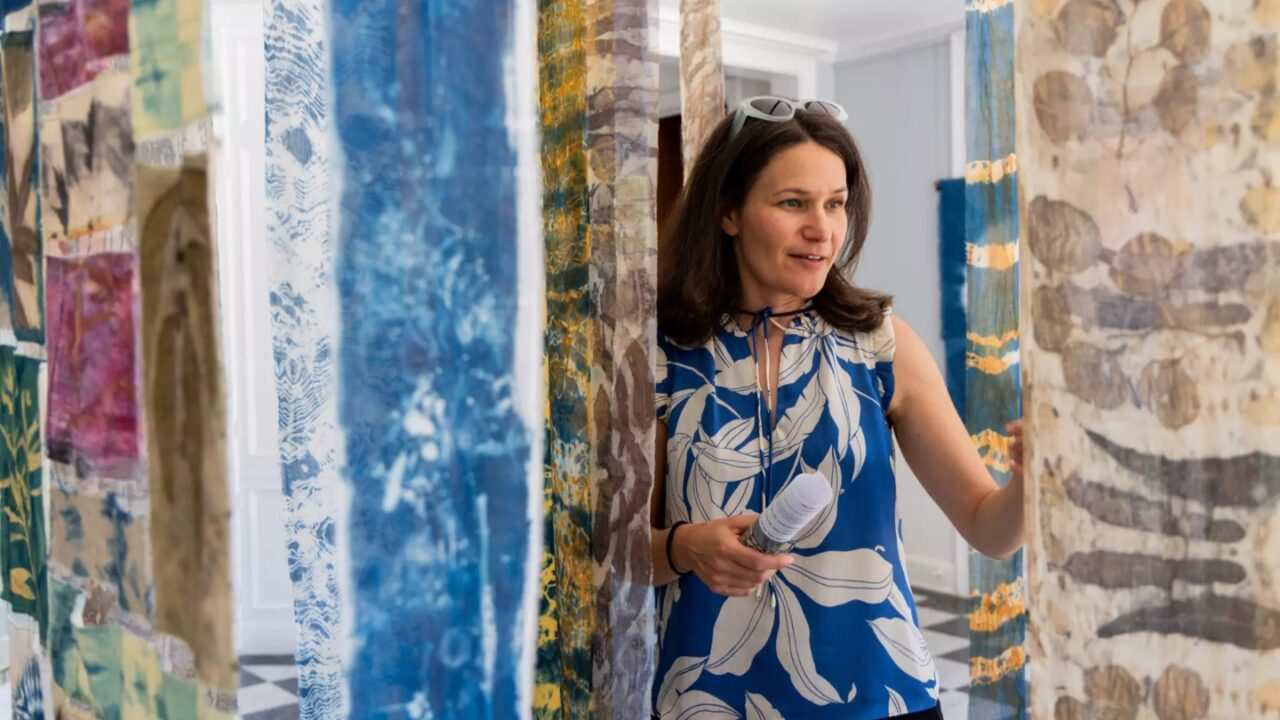
My journey in conserving Lake Chad: A story of Ecofeminism approach and Innovative Technology
By 2024 Pritzker Award Finalist Adenike Oladosu Titilope
I was born when Nigeria had a series of environmental challenges, especially in the region of Lake Chad, a place where many environmentalists and conservationists were killed or jailed for clamoring for positive change. The lake was once the size of California, but has reduced by 90%.
I live in a deeply rooted patriarchal society. I vividly remember that, as a 4th grade pupil, I asked my mother questions: Why can’t women inherit lands like the men do? Why do females not have the right to their bodies? Why do we have to walk such far distances to get water? I became agitated. That same year I organized about 50 girls in my school and community as environmental defenders and formed the Earth Warriors.
We led a series of outreaches and engagements in over 20 neighborhoods. I remember telling my dad that I would live my life to restore this lake and its ecosystem. The result of this ecosystem shrinkage is damaging the livelihood of women in the region, which with 40 million people and 100 different tribes is one of the most underserved Black Indigenous communities of women. As a result of the loss of livelihood, women and girls in vulnerable communities in Lake Chad were used as coping strategies in child marriages — to deal with the climate crisis through the “bride price” received. There are over 2 million child brides in the Lake Chad region today.
On 14th April 2014, 276 schoolgirls were kidnapped by the Boko Haram and subsequently forced into marriage. All these tragedies — the result of ecological crises in the region — have deprived women of the right to their bodies.
I became one of the executives of BringBackOurGirls and successfully got the attention of Malala Yousefzai and Michelle Obama. From my research, I found out that women in the Lake Chad region walk long distances to get water and firewood, cumulatively spending 40 billion hours per year doing unpaid activities — the same amount used by the United States labor force for productive activities.
This led me to establish the I Lead Climate Action Initiative to further work for restoration of the lake using ecofeminism and technological innovation. I fully understand that the conservation of the lake depends largely on the empowerment of women using Geospatial Information Systems (GIS) and remoting sensing (earth observation). We generate data and infographics where results are interpreted through an indigenous lens.
I established twelve of these centers in the region to provide data that women in my region use to solve these crises. We have successfully trained over 10,000 black indigenous women, including Binta, one of the kidnapped girls who was rescued by the Nigerian police. She has trained over 5,000 indigenous women herself and they have become change-makers in their communities.
With this impact of remote sensing, we have reduced the number of hours women and girls take to search for water by 40% and increased women’s participation in environment conservation by 40% in over 50 Indigenous communities. In these communities, women need not search for water thanks to this innovative remote sensing. We have reduced unpaid work, and most women now channel their energy into conservation and protection activities.
In 2014, women in these communities earned less than $1 a day. Using technology to drive change, the average Indigenous woman now earns $20 a day. My ecofeministic approach puts women first in conserving nature; I see women as being the closest to nature.
Our efforts help women fight for their right to own land, the number of child marriages has dropped by 20%, and these women now have the right to their bodies. My team is 80% female, comprised of Black Indigenous women. As a result of my work with UNICEF’s arm, Education Cannot Wait, I was appointed as their climate champion in the Lake Chad region this year. We have reduced child marriage and gender-based violence using these technologies (GIS and remote sensing), providing livelihood and information on water availability.
The Nigerian president approved my work in the empowerment of women towards the protection of Lake Chad at last year’s climate conference in Paris, France. My work is now being studied by the Panel on Planetary Thinking in Germany on black indigenous communities facing water crises. Recently, the German media, ZDF (Zweites Deutsches Fernsehen) came to Nigeria to cover the work we do for a replication of such in their society. Likewise, at the different United Nations Conference of Parties and other conferences, I have continued to uphold the rights of women and girls in my community.
As Martin Luther King Junior said, “Our lives begin to end the day we are quiet about things that matter to us.” As a Black (African) Indigenous woman, I refuse to keep quiet about the things that matter to women’s welfare. I am using ecofeminism and innovative technologies to solve today’s issues and tomorrow’s crises.



